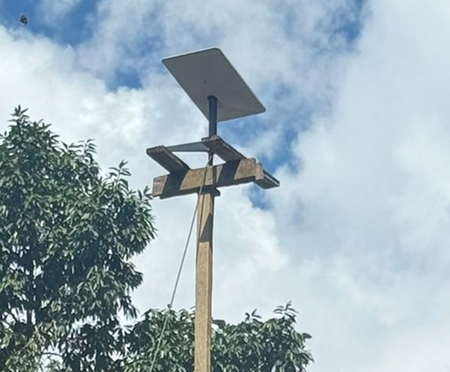New Delhi, July 9: In a major boost to satellite-based internet connectivity in India, the Indian National Space Promotion and Authorisation Centre (IN-SPACe) has granted a five-year authorisation to Elon Musk’s Starlink to begin operations in the country.
The approval allows Starlink Satellite Communications Private Limited (SSCPL) to deploy its Low Earth Orbit (LEO) satellite constellation, known as Starlink Gen1, for commercial satellite broadband services. The constellation, comprising 4,408 satellites orbiting at altitudes between 540-570 km, will provide high-speed internet across India, with a capacity of around 600 Gbps throughput over the country.
With this green light, Starlink has cleared its final regulatory hurdle. However, the rollout is still contingent on obtaining spectrum allocation and establishing ground infrastructure. The Department of Telecommunications (DoT) is expected to issue trial spectrum to enable the company to complete necessary security compliance tests.
IN-SPACe clarified that the five-year authorisation is valid either from the date of approval or until the end of the operational life of the Gen1 constellation, whichever is earlier. The rollout will also require additional approvals from relevant government bodies.
Starlink has already entered into its first commercial partnerships with VSAT (Very Small Aperture Terminal) service providers in India, targeting areas with limited or no terrestrial internet access.
Union Communications Minister Jyotiraditya Scindia confirmed that all due diligence from the government’s end has been completed. Starlink can begin its services as soon as the remaining licenses are secured.
Starlink, which currently operates the world’s largest satellite internet network with over 6,750 satellites, already offers services in countries including Japan, Malaysia, Indonesia, Jordan, and Sri Lanka.
Meanwhile, Amazon’s Project Kuiper, a key Starlink competitor, is also awaiting regulatory clearances to enter the Indian market.










